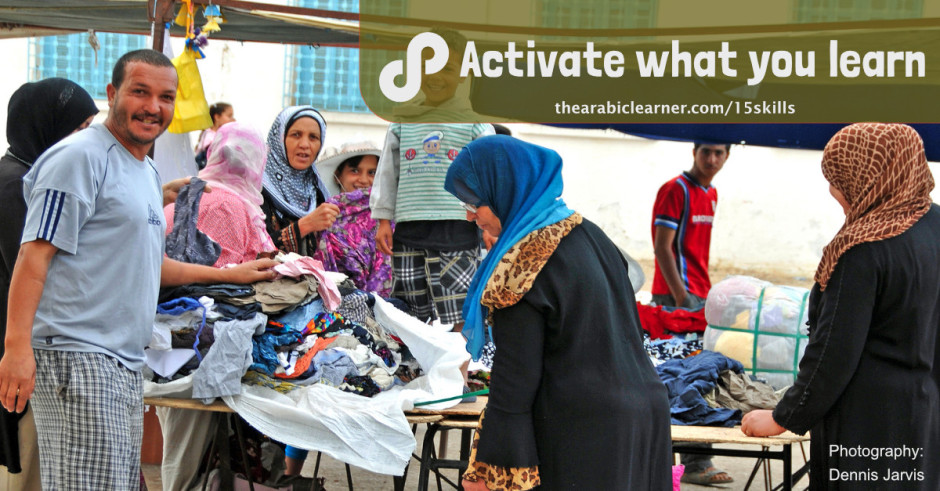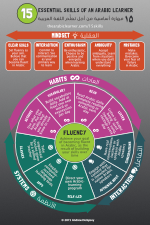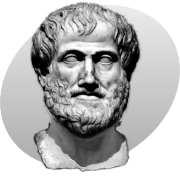[Editor’s note: I am really excited to have Monica beginning to write some posts about her experience of learning Egyptian Arabic. I am going to be having her share some of the process that she lives out in real time over these months ahead. For you, the reader, it will break the monotony of me writing each week… and hopefully will inspire some of you who are launching your Arabic learning, or thinking of launching. – Andrew]
“Khalas خلاص,” I simply replied. And I lived happily ever after.
No one taught me to say khalas خلاص. To this day no one has explained the definition to me. But that hasn’t stopped me from using the word. Especially early on in my time in Cairo, this word came in handy. It was like a gold nugget in my pocket.
When I moved to Cairo in 2015, I knew only a few words of Egyptian Arabic from a trip to the pyramids in 2004. I knew how to say things like table, chair, sunglasses, flip-flops, and thank you. And when I say that I knew how to say these things, what I mean is that I knew how to string together sounds which in my mind sounded similar to actual Arabic. In reality, it’s quite likely I was just doing my fair share of butchering the language.
I don’t remember the first time I heard someone say khalas خلاص. But I was able, by listening, to learn what it means and how to use it. Let’s see if you can figure it out. Continue reading “My Happily Ever After”




 Aristotle said, about habits, “
Aristotle said, about habits, “
 RSS - Posts
RSS - Posts